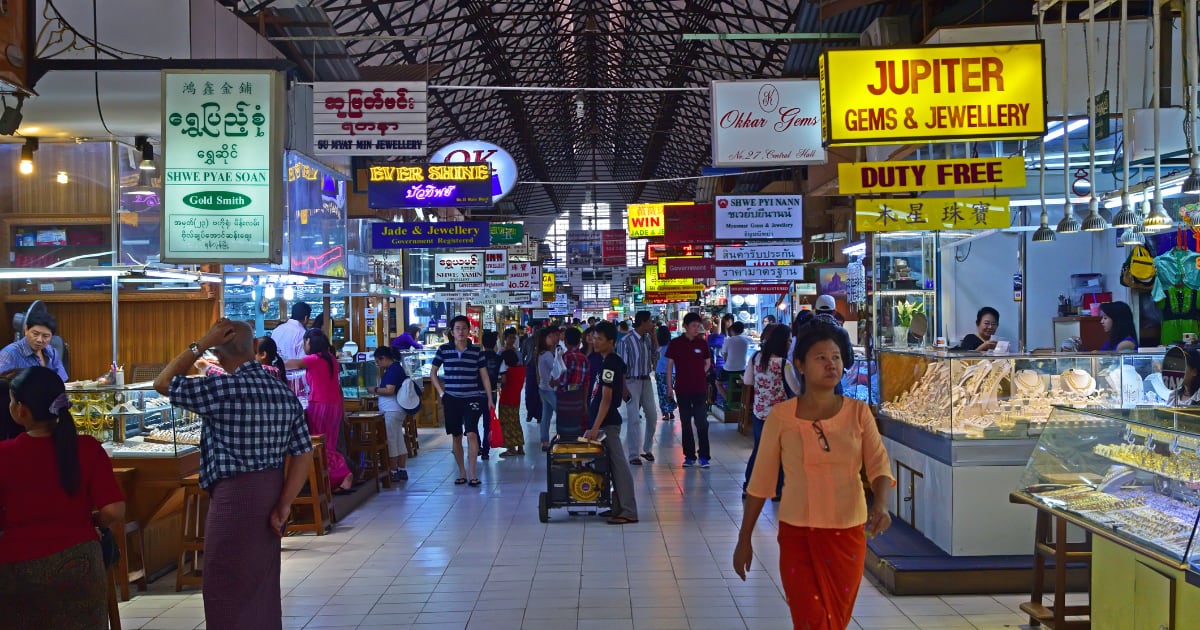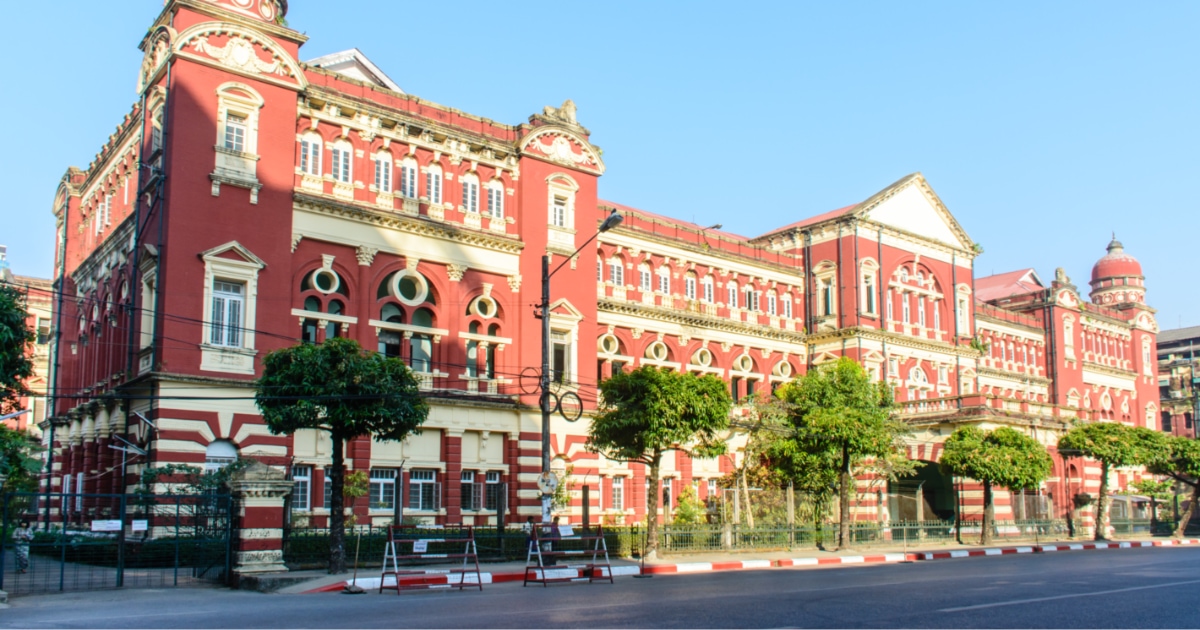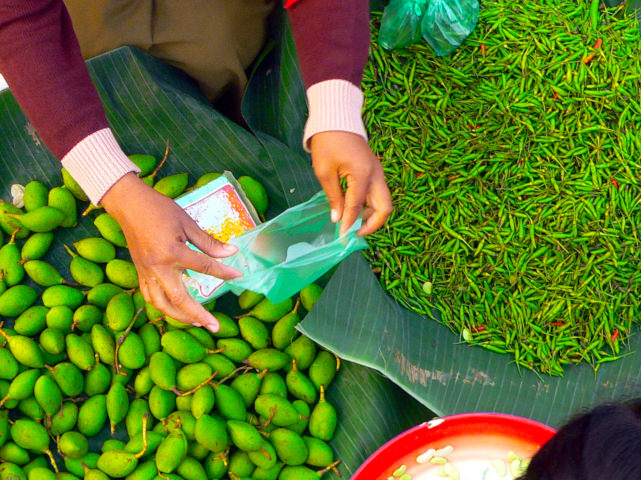Myanmar Law Updates
March 2013
On 31 January, 2013 the Ministry of National Planning and Economic Development of Myanmar released new detailed regulations to augment the 2012 Myanmar Foreign Investment Law (FIL). The regulations are comprised of two separate notifications, Notification 1/2013 and Notification 11/2013 (together the Investment Rules).
The Investment Rules provide significant additional detail on Myanmar’s new foreign investment regime and remove some uncertainty which remained following the publication of the FIL.
Notification 1/2013 provides details on the business activities foreigners are permitted to engage in and the restrictions that apply.
The notification divides economic activities into four categories. These are:-
- Prohibited economic activities
- Activities permitted to be conducted as joint ventures between foreigners and Myanmar nationals;
- Activities permitted under certain conditions or requiring approval; and
- Activities only allowed following an Environmental Impact Assessment.
Prohibited Activities
Significantly, the list of prohibited economic activities for foreigners includes: –
- Prospecting, exploration and production of jade and gem stones
- Small scale and medium scale production of minerals
- Printing and distribution of newspapers, magazines and journals in Burmese and national ethnic languages.
Joint Ventures
Foreign participation in forty-two categories of economic activity must be conducted via joint ventures with a local partner. The list includes, but is not limited to, the prospecting and exploration of industrial minerals, the large scale exploitation and production of minerals, transport development infrastructure projects, the development and sale of residential and office buildings, the provision of domestic air services, the construction of warehouses at ports, and the provision of travel and tour services.
Pursuant to Chapter 3 Paragraph 20 of Notification 11/2013 foreign capital should not exceed 80% of the total capital of joint-venture companies engaged in economic activities which are prohibited or restricted. This provision may be amended by the Myanmar Investment Commission (MIC), by notification, from time to time, with the permission of the Government.
The foreign to domestic ownership ratio for joint ventures in activities that are not restricted or prohibited is subject to the agreement between the parties. The MIC has the power under the Foreign Investment Law to prescribe a minimum foreign ownership requirement or a case-by-case basis.
The Foreign Investment Rules do not affect the restrictions or requirements imposed on foreign investment in activities which are reserved to the state under the State Owned Enterprises Law 1989.
Restricted Activities
The list of economic activities in which foreigners can engage in under certain restrictions is wide-ranging and is sub-divided according to the Ministry responsible for the relevant restricted activity. Most activities require adherence to the terms and conditions imposed by the relevant Ministry or which normally apply in a particular sector. For example various construction and manufacturing activities must be carried out in accordance with ASEAN standards and applicable national codes and regulations and various activities involving livestock must be conducted in accordance with national and/or WHO or ASEAN standards. Interestingly Myanmar citizens are prohibited from gambling at casinos formed under the FIL and to which the Investment Rules apply. Other restrictions include: –
- Restriction on level of foreign ownership, including:-
- A limitation of between 25% and 49% placed on foreign ownership of entities engaged in various activities related to forestry and timber;
- A limitation of 70% placed on foreign ownership of entities engaged in the production and distribution of paint and certain chemicals
- Cap on duration of permits for:-
- Large scale mining projects (15 years, with possible renewals for 4 x 5 years);
- Pearl production (15 years, with possible renewal of 2 x 5 years);
- Production and distribution of certain chemicals
- Certain activities can now only be conducted in cooperation with the government. These include:-
- Jewelry production and sales
- Production and distribution of explosive chemicals, specified substances and vaccines;
- Marine training, representing foreign shipping companies, operation of shipyards, domestic water transport and specified construction work related to transportation;
Pursuant to paragraph 180 of Notification 11/2013 the Investment Rules do not apply to companies whose principal activity is trading. In practice this means foreigners cannot establish trading companies as they will not be issued Permits to trade by the MIC.
Procedural information
The Investment Rules also contain information relevant to the form and processes on certain aspects of foreign investment, including but not limited to the following:-
- The timing of company registration and/or incorporation
- The information required to be included with applications for investment permits
- The particulars the Directorate of Investment and Company Administration (DICA) will consider when considering applications for investment permits
- The issuance of permits and post issuance formalities and obligations which generally include continued compliance with various laws of Myanmar including environmental law and health and safety law.
- The construction period i.e. the prescribed period for the investor to complete construction activities, where applicable. If an investor needs to extend the construction period, an application must be presented at least 60 days in advance of the end of the original construction period. The construction period can be extended by up to 50% of the original construction period. Except in special circumstances only one extension is permitted. The investment permit can be revoked if construction is not completed within the original construction period. Investors are not entitled to any compensation if a permit is revoked.
- Rules on the sub-lease, mortgage, transfer of share, transfer of business
- Insurance – all entities formed under a permit are required to maintain insurance with an authorized local insurer in respect of machinery insurance, fire insurance, marine insurance, physical injury insurance, natural disaster insurance and life insurance.
- Particulars relating to the transfer of foreign currency. The cash component of any foreign capital remitted into Myanmar under an MIC Permit must be remitted into Myanmar and used only accordance with the terms and conditions set out in the MIC Permit. A foreign investor is permitted to remit foreign currency received by the investor under an indemnity in accordance with law, proceeds received by the investor from a share transfer, subject to MIC approval; any distribution to which the investor is entitled on liquidation of the investment, subject to MIC approval; foreign currency to which the investor is entitled on expiry of the MIC Permit, subject to MIC approval; and net profit after deducting all taxes and relevant funds in respect of a financial year.
- Pursuant to Chapter 21 of Notification 11/2013 if disputes cannot be settled amicably, and dispute settling provisions are not stated, then disputes shall be settled by reference to dispute resolution provisions contained in the law of Myanmar.
- The appointment of staff and workers
Together the FIL and the Investment Rules regulate the current conditions for foreign investment in Myanmar. It is clear that the DICA, undertaking the activities of the MIC, will play a significant role in the investment process as will the Proposal Review Group comprised of high ranking officials including members of the DICA, and responsible for scrutinising and presenting acceptable proposals to the MIC for a final decision. While, at present it is too early to comment on the DICA’s working practices in relation to the implementation of the FIL and Investment Rules, Charltons recommends that investors approach the DICA as early as possible, so that the project can be properly coordinated, structured and timed and investment risk minimized.
This newsletter is for information purposes only. Its contents do not constitute legal advice and it should not be regarded as a substitute for detailed advice in individual cases.
Transmission of this information is not intended to create and receipt does not constitute a lawyer-client relationship between Charltons and the user or browser.
Charltons is not responsible for any third party content which can be accessed through the website.
If you do not wish to receive this newsletter please let us know by emailing us at unsubscribe@charltonslaw.com








